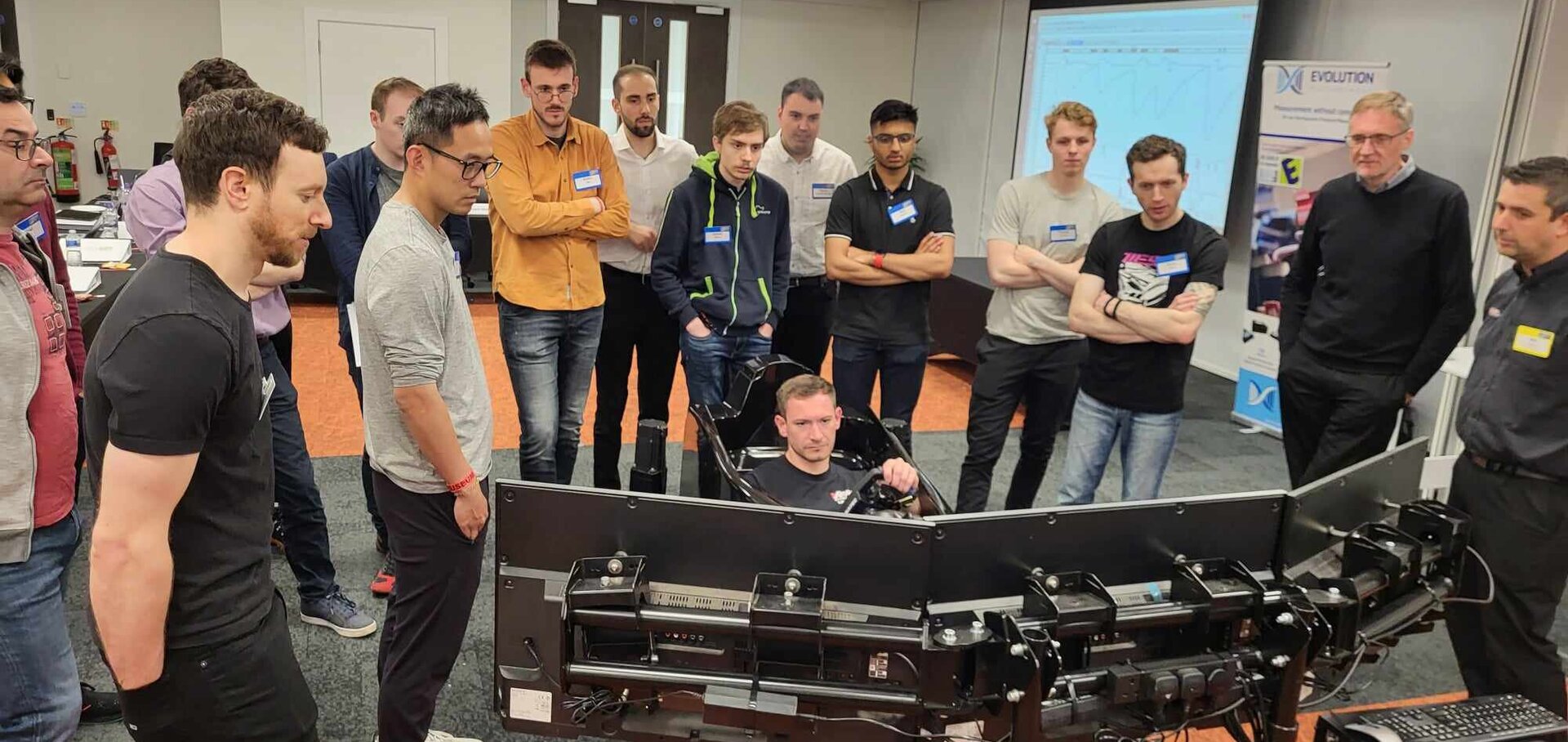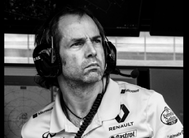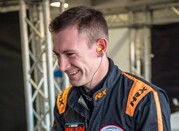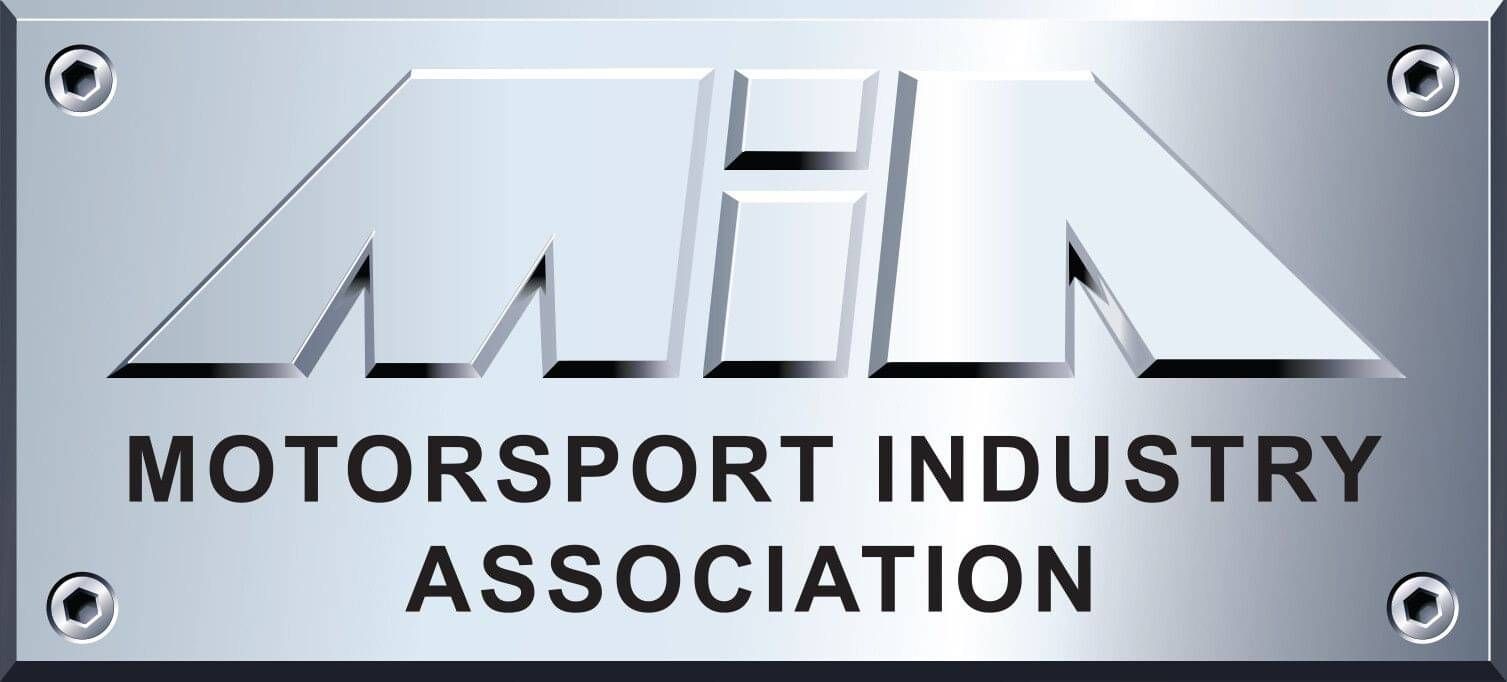The MIA School of Race Engineering hosts two 4-day Schools each year. These Schools cover 32 hours of teaching and networking with world-leading race engineers.
Hosted at the Silverstone Museum, there is no better place to learn the art of motorsport.
During the four days you will:
Learn more about key motorsport engineering principals
Get hands on through the simulator session with our racing driver
Build your network with race winning engineers
Get your CV in front of the world’s best engineers
Enjoy relaxed networking during our evening events
Be awarded an industry recognised certificate of attendance
Join the MIA School of Race Engineering Alumni community
Our next School will take place in April.
Tutors and topics confirmed for April-May 2025:
Role of a Race Engineer
Delivered by Ciaron Pilbeam
The roles and responsibilities of a Race Engineer
How to create runplans for race weekends and simulator sessions
Define car set-up, tyre choice and strategy
Analyse real Formula 1 car and driver data
Race Strategy
Delivered by Guillaume Ducreux
Understand how teams model tyre degradation
How to determine strategy using free air optimisation
Discover Monte Carlo simulation techniques
High Performance Leadership
Delivered by Mark Preston
Discover the ‘winning mindset’ with Mark Preston as he shares his experience of high performance leadership.

F1 Aerodynamics and Trackside Aerodynamics
Delivered by Dominic Harlow and Edouard Bissen
A brief introduction to Aerodynamics
How to optimise aero performance

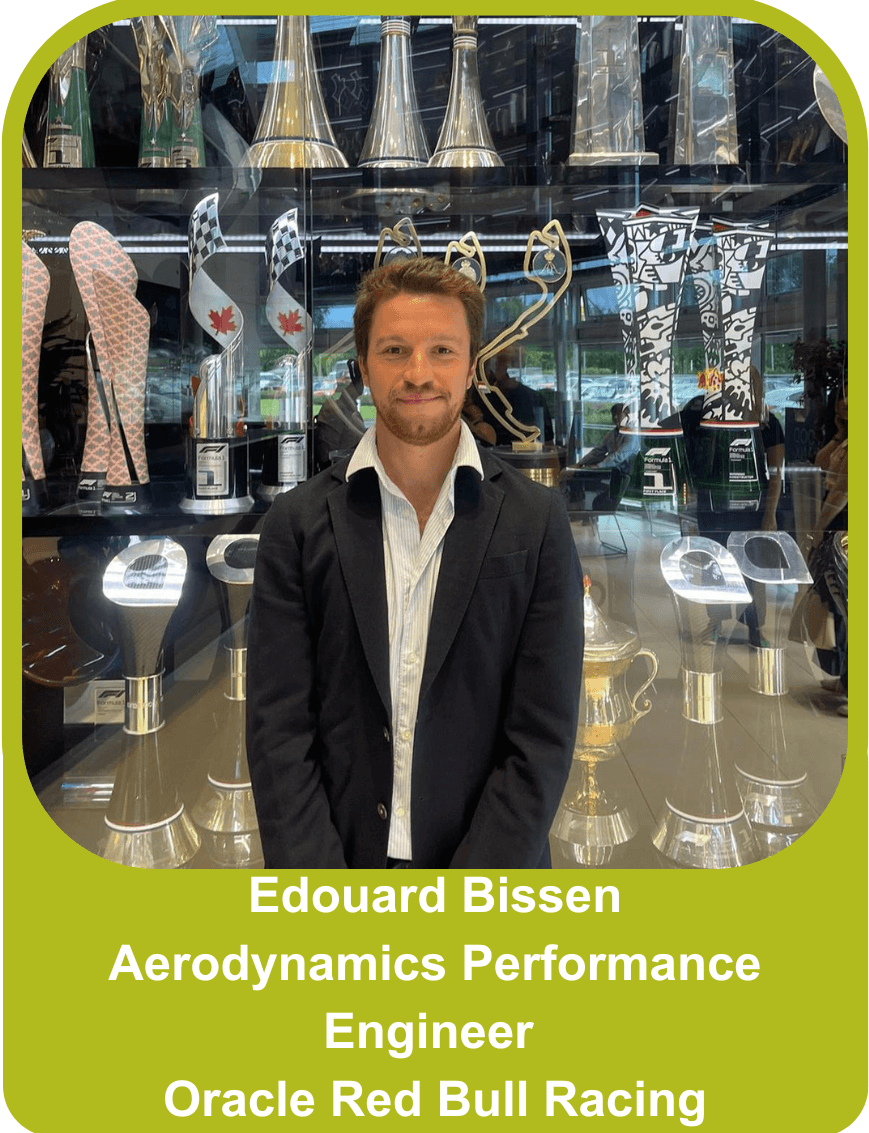
Tyre Engineering
Delivered by Simon Dickinson
Learn the two mechanisms behind tyre grip
Understand the different types of tyre degradation
Carcass, bulk and surface temperatures and their operating windows
The tactics teams use to manage tyre degradation
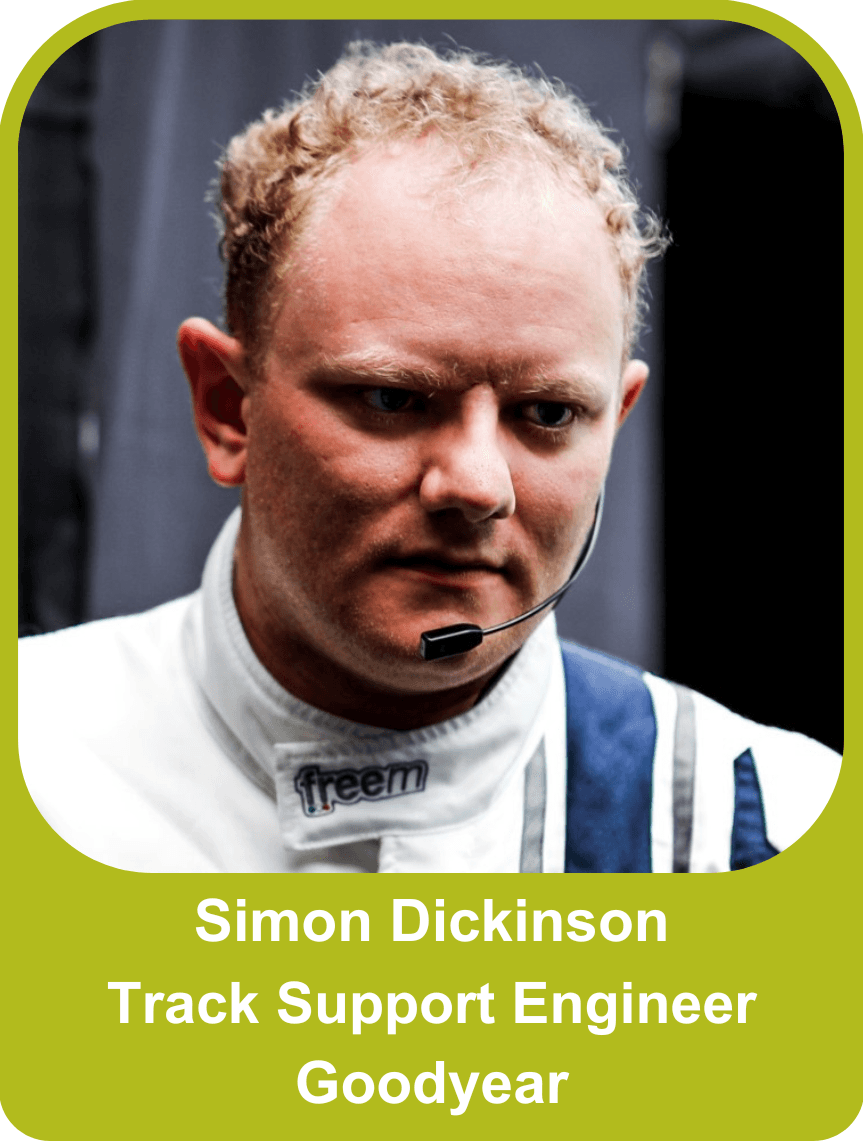
Simulator Session
Delivered by Geoff Dymott and Callum Cripps
Analyse real sim data using MoTeC software
Work with Race Engineers to suggest set-up changes
Define runplans to analyse different set-ups
Practise debriefing the driver
Race Engineering Workshop
Delivered by Craig Porley
Overview of the key skills required to be a successful Race Engineer
Work in small groups to create a runplan for an on-track session
Learn how to convert driver feedback into quantitative data
Practise optimising car set-up based on real driver feedback
Data Analysis
Delivered by Geoff Dymott
Find out what the most important sensors on a racecar are
Understand how sensors work
Practise identifying typical sensor issues from data
Tips on how to ensure sensors are generating accurate and reliable results
Racecar Set-Up - Before You Turn The Wheel
Delivered by Jenner Collins
Find out how a Race Engineer prepares for a race weekend.
Learn the six key areas of setting up a racecar including ride height, suspension, camber, dampers, toe and aerodynamics
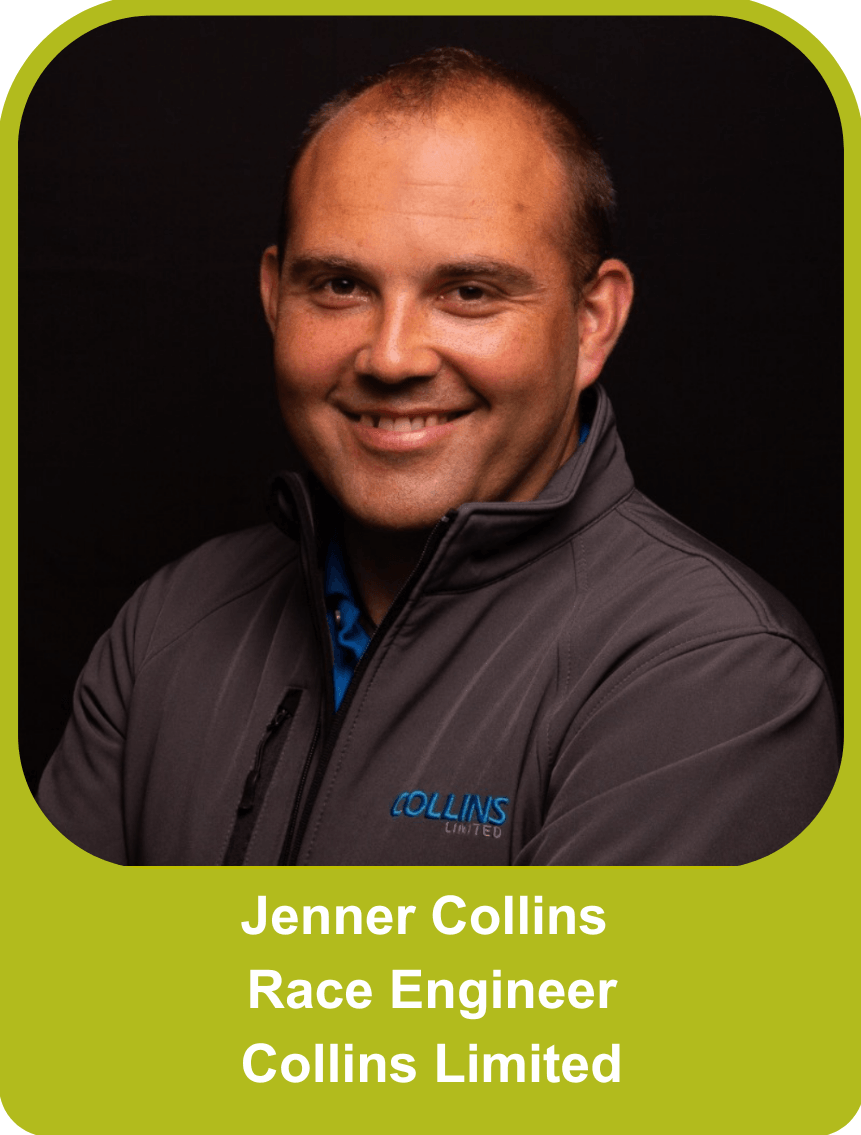
Suspension
Delivered by Rob Sharp
Learn the different damper configurations and control arm setups
Overview of four post rig testing
Understand castor, camber gain and camber thrust
Identify vehicle balance issues from real car data
*Please note topics are subject to change
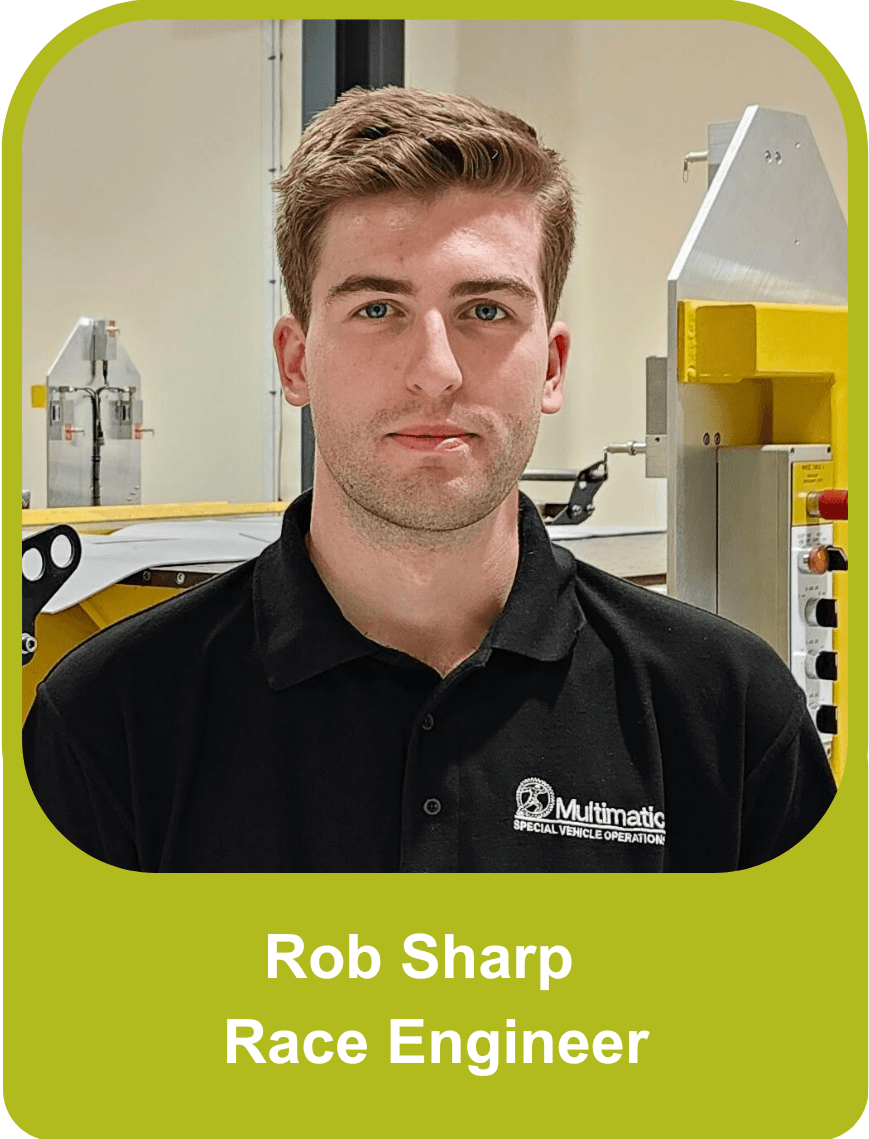
Transmissions and Differentials
Delivered by Ollie Vobe
Understand gear theory and define gear ratios
Hybrid and electric transmission layouts
Differential types, preload and lubrication
Analyse real data from a touring car differential
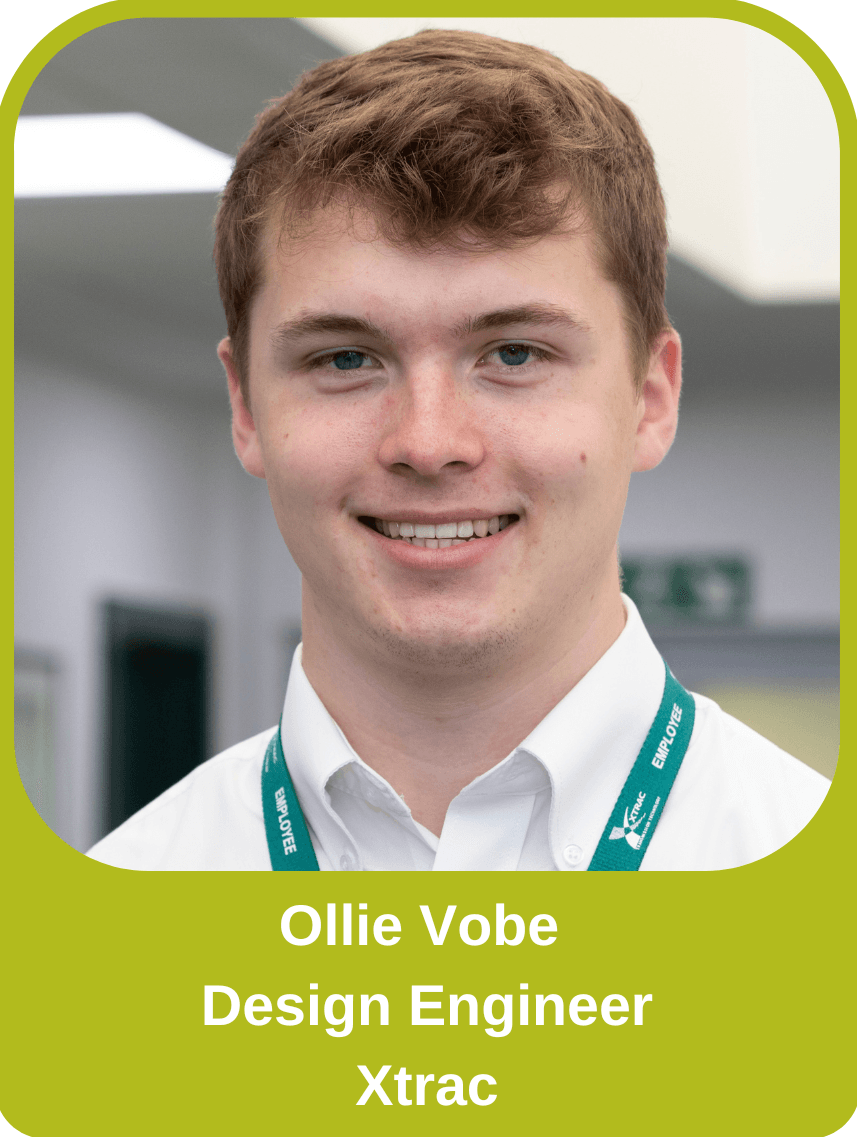
Global Racecar Performance
Delivered by TBC
Car parameters that have the most influence on performance
Which types of corners have the highest laptime gains
Calculate grip balance to understand set-up changes
Use lift/drag efficiency to identify the performance gains of parts
Brakes
Delivered by TBC
Technical insight into brake design
How to manage wear and temperature to achieve optimum performance
Keep up to date for new announcements on by signing up to our mailing list here.
Q&A sessions and networking dinners
The course will also include two panel Q&A sessions and networking dinners where students will have the opportunity to ask questions and connect with tutors in a more relaxed environment.
The tutors for the November Q&A sessions included:


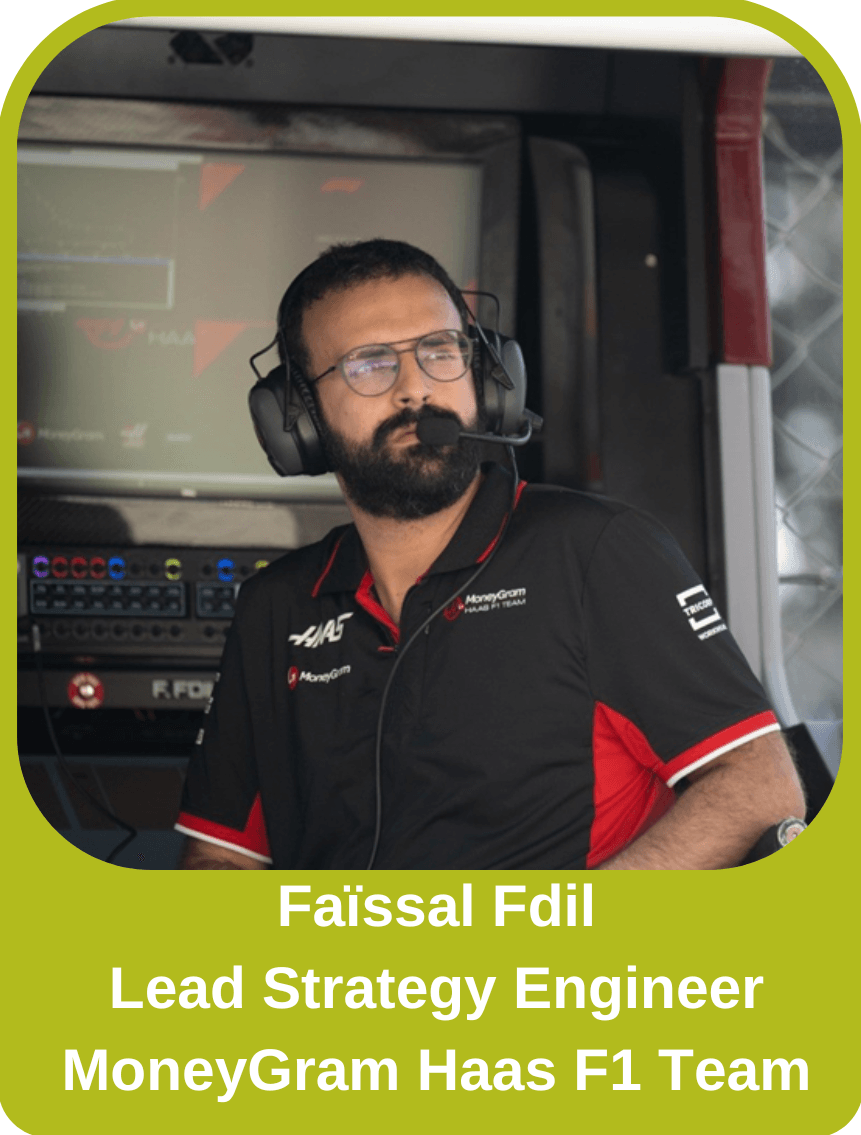
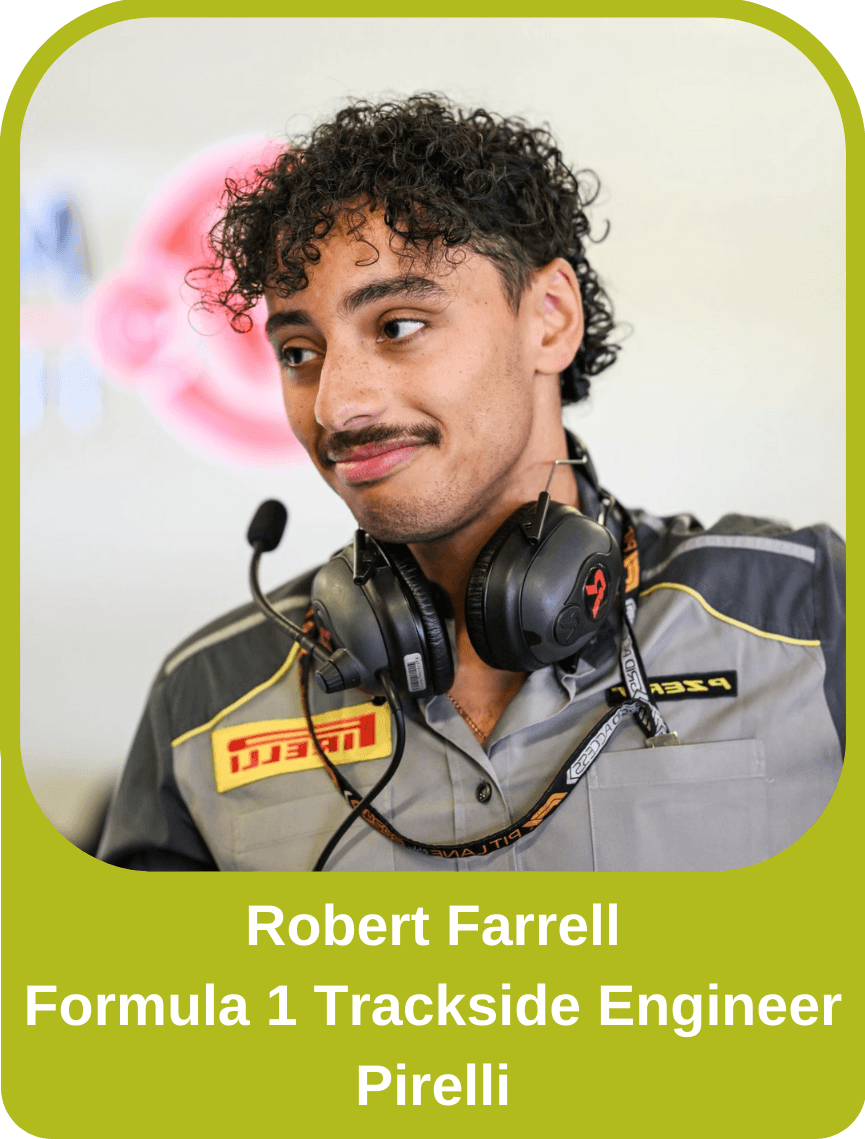
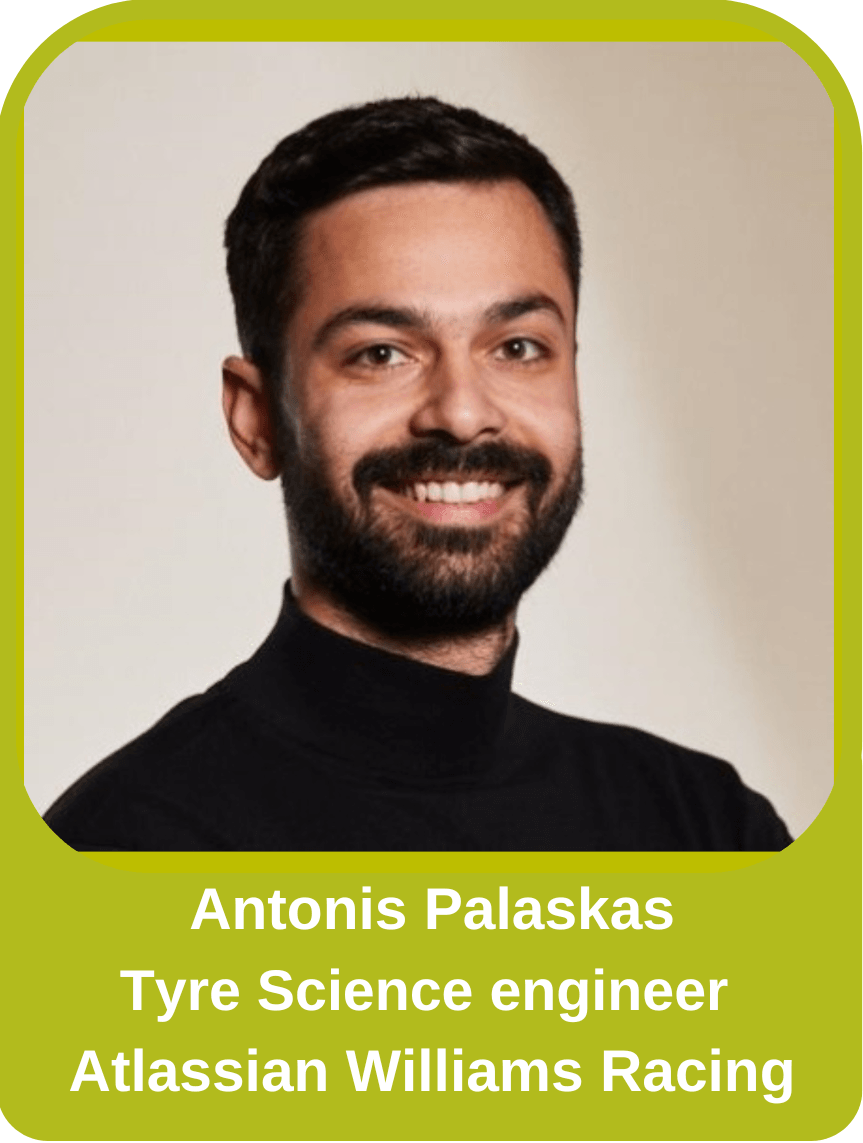
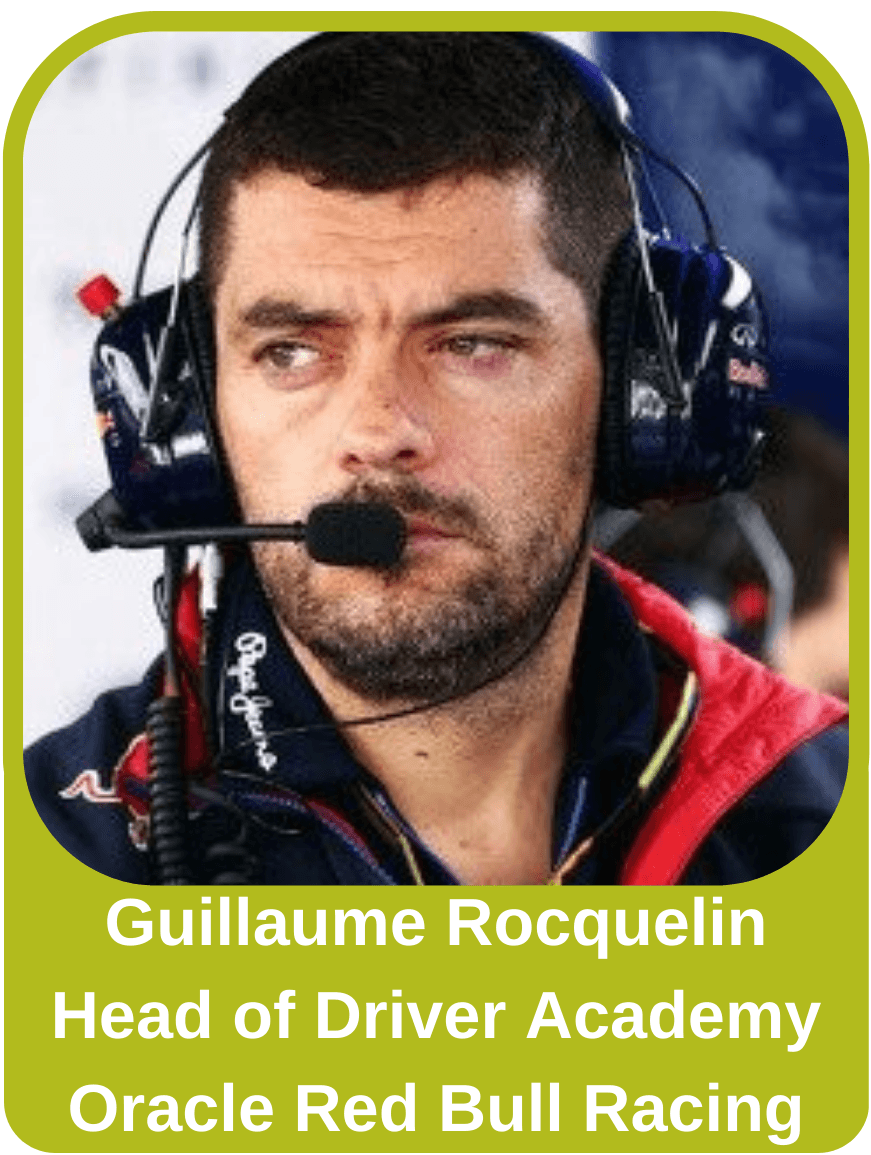
To learn more about applying click here.
Hear what our graduates have to say about the School here.
